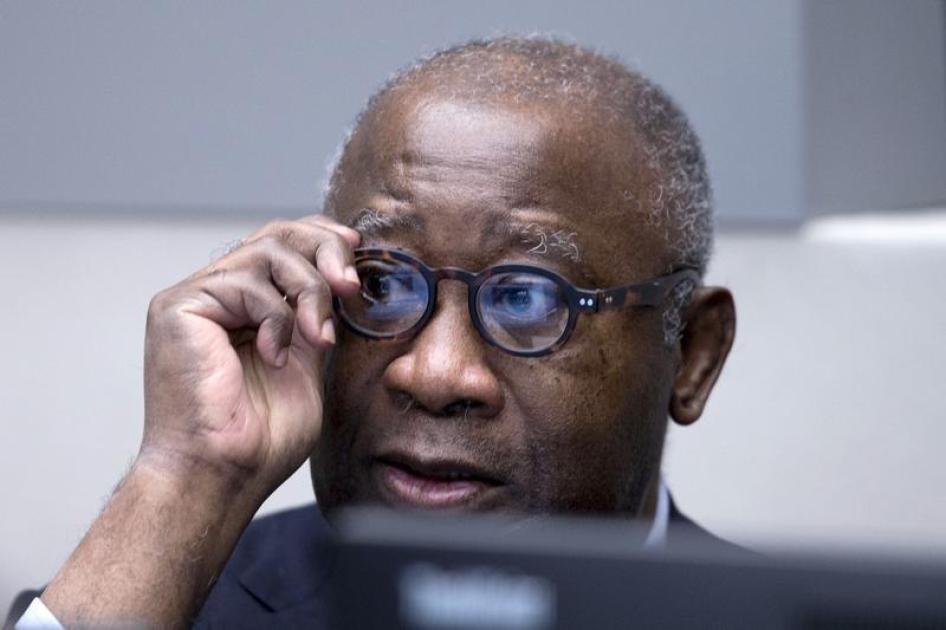Just five short years ago, it seemed impossible to think that one day the former Ivorian president Laurent Gbagbo would be sitting in the dock of the International Criminal Court (ICC). Yet here he was today, listening patiently as a court official read aloud each of the four counts of crimes against humanity lodged against him.
The calm in the ICC courtroom was in stark contrast to the chaos that reigned across Côte d’Ivoire during its post-election crisis, when a dispute over the November 2010 presidential elections sparked a bitter civil war. Security forces and militiamen killed hundreds of real and perceived opposition supporters, shooting many at point-blank range while burning others alive and raping women. This trial, the first time a former head of state is being tried at the ICC, offers victims of these crimes the chance to understand the role that Gbagbo, and his protégé Charles Blé Goudé who is being tried alongside him, played in the bloodshed.
Amid the fanfare of Gbagbo’s trial opening, it’s important not to forget that forces loyal to President Ouattara also committed serious abuses during the post-election crisis. Members of the Republican Forces loyal to Ouattara killed civilians from ethnic groups associated with Gbagbo, raped women, and burned villages to the ground.
Earlier this week, the ICC prosecutor assured Ivorians that her office has intensified its investigations on the Ouattara side. Ivorian authorities should also step up their efforts to deliver credible trials of post-election abuses at home by supporting investigations for both sides, strengthening the justice system’s independence, ensuring protection for judges, prosecutors, and witnesses, and giving defendants a fair trial.
But for now, the opening of the trial of Gbagbo and his close ally shows that justice can reach those who, at one time, seemed untouchable. And that is good news for victims everywhere.








